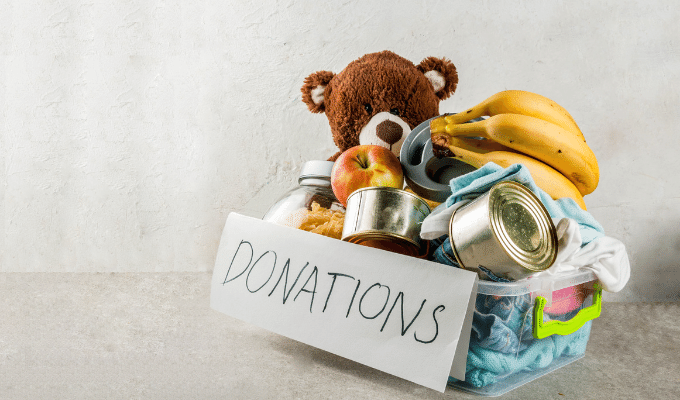Wise Giving Wednesday: Animal Charities & Classification

In high school biology, most of us learn about the taxonomy classification system, first introduced in the 18
th century, that uses a ranking hierarchy to identify every creature on the earth starting with the broad categories
of domain and kingdom and eventually ending with genus and species. Although the history of the charitable
sector dates back even earlier, its classification system is of more recent origin. The
National Taxonomy of Exempt Entities (NTEE) was initially developed in the 1980s by the National Center for Charitable
Statistics which is currently part of the
Urban Institute. While both of these classification systems are very different, they serve a similar objective
– to bring order to a field that has wide diversity. Like the animal kingdom, philanthropy covers so many different
entities. The NTEE system includes over 26 codes representing everything from the arts and culture to youth development.
And, each of these codes is further broken down into a dozen or more categories.
For example, the NTEE codes for
animal related organizations (labeled as category D) is defined as “nonprofit organizations whose primary purpose
is to provide care, protection and control of wildlife and domestic animals that are a part of the living environment,
to help people develop an understanding of their pets, and to train animals for the purpose of showing.” After this
very broad definition, the category is further broken down into such areas as:
- D01 – Advocacy groups that seek to influence public policy
- D05- Research Institutes
- D20 – Animal Protection and Welfare
- D30 – Wildlife Preservation and Protection
- D30 – Wildlife Sanctuaries
- D50 – Zoos and Aquariums
- D61 – Animal Training
- And more.
Despite this comprehensive cataloging, our experience in reporting on soliciting charities has taught us that it can
be difficult to identify the specific type of animal-related charity based solely on its name. Yet, donors do this
each and every day, and may come to mistaken conclusions about what charity activities they are supporting.
This is all the more reason for contributors to read appeals carefully and go to the charity’s website to learn more
details about the organization. Animal-related charities are one of the most asked about areas of donor interest
at BBB WGA. And of course, we encourage donors to also visit
Give.org to verify the trustworthiness of the charity by seeing if they meet the 20
BBB Standards for Charity Accountability.
On a related note, as part of our Building Trust Video series, we are pleased to provide a video of Priscilla
Ma, Executive Director,
World Animal Protection, (a
BBB Accredited Charity) which collaborates with governments and international agencies on its four main program
areas: stopping animals being cruelly traded, trapped, abused or killed; stopping farm animal suffering; safeguarding
animals and the lives of the people who depend on them in disasters; and stopping the killing of dogs worldwide.
We are always working with charities to publish or update reports for donors. Visit
Give.org or local BBBs to check out any charity before giving. Our recently evaluated charities include:
Finally, remember to let us know by going to
https://www.give.org/ask-us-about-a-charity1/ if you are interested in seeing a report on a charity
not on the list and we will do our best to produce one.
H. Art Taylor, President & CEO
BBB Wise Giving Alliance


